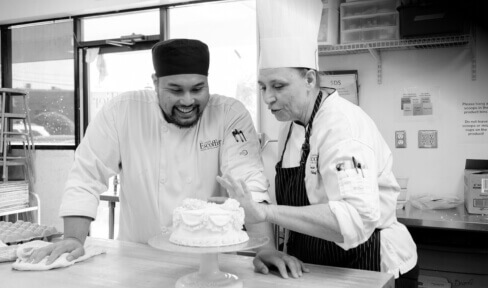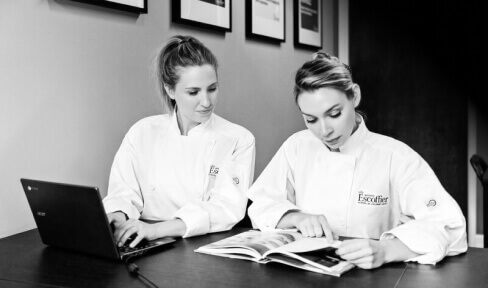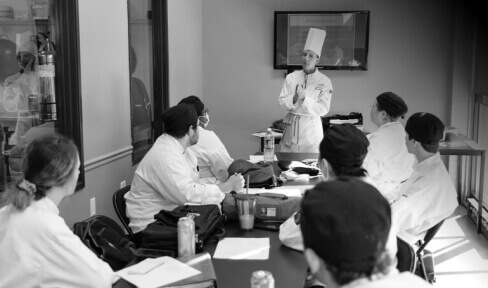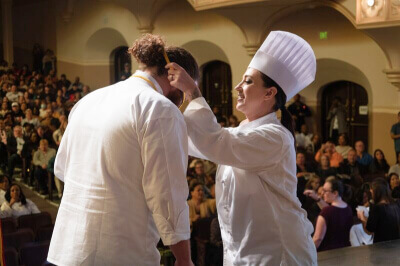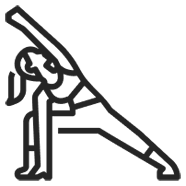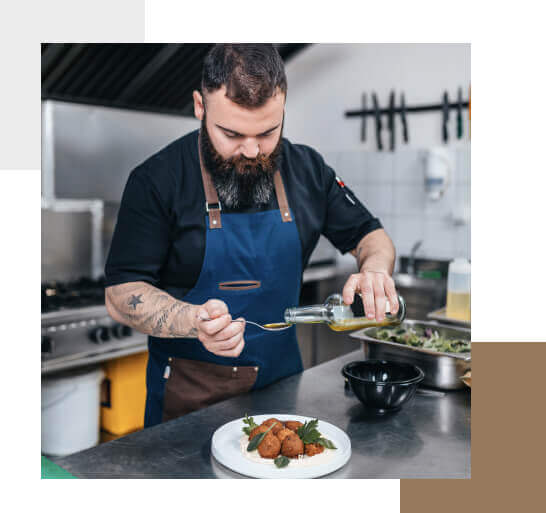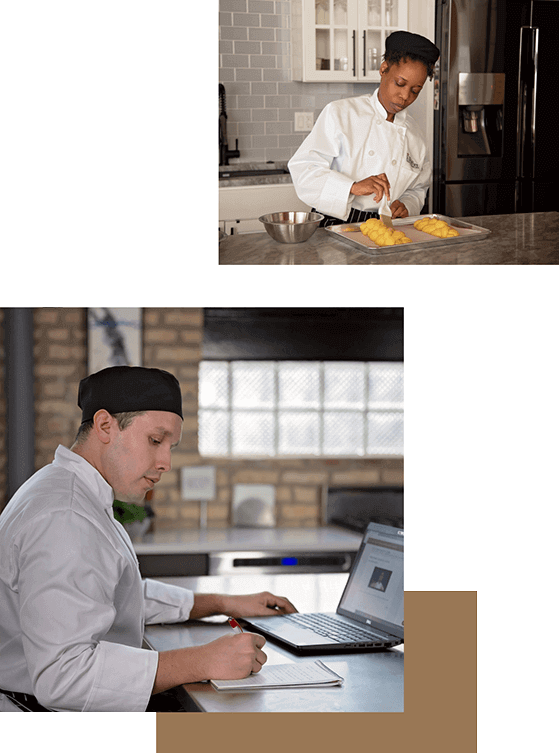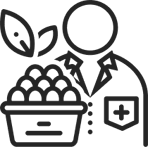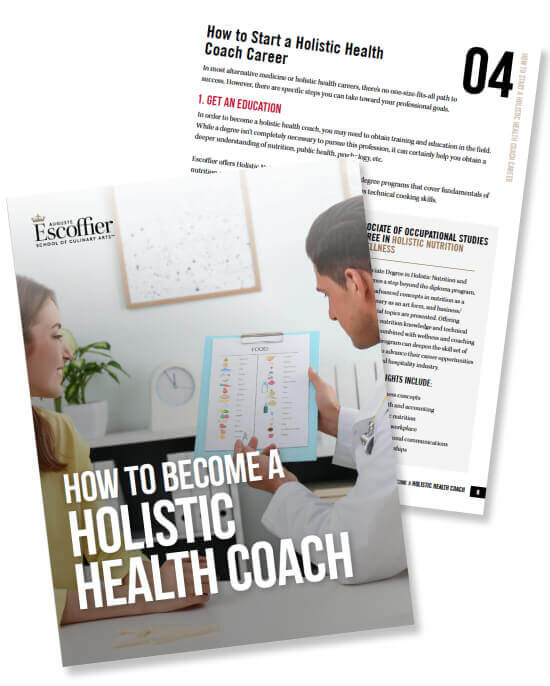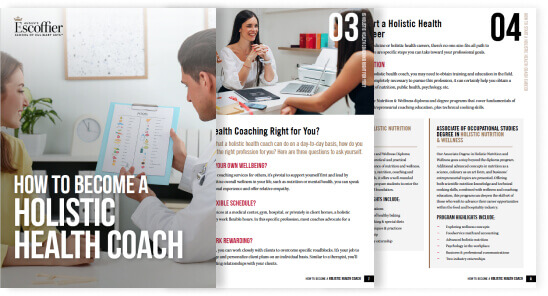To become a holistic health coach or consultant, the first step can start with an education in the area to gain a solid base of knowledge.
Students can obtain a degree or diploma through Escoffier’s Holistic Nutrition and Wellness program, which places special emphasis on translating scientific knowledge into the skills needed to formulate nutrient-rich, delicious meals. This can also include unpacking common allergies, food intolerances, and dietary preferences they might encounter when working with future clients. Along with grasping fundamental wellness and nutrition concepts, students can explore essential coaching skills they may use while interacting with clients in a real-world setting.
Once aspiring holistic health coaches complete this type of well-rounded coursework, the next best step is to gain real-world experience. At Escoffier, students are required to secure a relevant hands-on industry externship in the field of holistic health and wellness with the goal to bolster their skills, before they graduate. At this point, students can also explore which niche speaks to them and their interests.
For example, a coach in this field can choose to remain more comprehensive in their practices or find a specialty. This could look like working with athletes, which might require knowledge of special diets, substitutions for allergies, and anti-inflammatory aids.
Many holistic health coaches may choose the more corporate route—giving nutrition presentations to employees at larger companies or providing on-site consultations.
Although there’s no linear path to pursue this type of profession, education, coupled with real-world experience, might be the best place to start!

